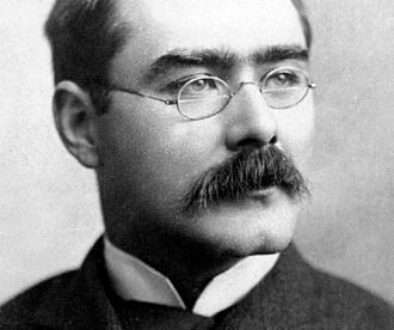The Need to Adhere to Traditional Universal (Absolute) Values and Principles
Menanteau Serfontein – 29 December 2020
Question to yourself: Do you think it is useful and important for people to know, understand and live by a set of values and principles related to the concept of “virtue” (moral goodness)? If so, why?
In his book “The Abolition of Man”, C.S. Lewis points out that similar Traditional (Universal) Values (contained in what C.S. Lewis refers to as the “Tao”), have applied in various civilizations over the ages. I agree with Lewis that there are certain principles, standards of morality, “values” and a clear distinction between good and bad/right and wrong, that are universally found across most religions, faith movements and societies. If we don’t teach our children and if society does not generally practice and expect adherence to the basic universal/timeless values of traditional humanity dealt with here, then the void would be filled by those whose intentions are less noble and who have the ability/power to, over time, make others into what THEY please. 
In his book “The Seven Habits of Highly Effective People” , Stephen R. Covey refers to the fundamental idea that there are principles that govern human effectiveness – natural laws in the human dimension that are just as real, just as unchanging and unarguably “there”, in the same way as laws such as gravity are in the physical dimension. Principles are like lighthouses. They are natural laws that cannot be broken. “Objective reality” is composed of “lighthouse” principles that govern human growth and happiness – natural laws that are woven into the fabric of every civilized society throughout history and comprise the roots of every family and institution that has endured and prospered. The degree to which people in a society recognise and live in harmony with them, moves them toward either survival and stability or disintegration and destruction. According to Covey, the principles that he is referring to are not esoteric, mysterious or “religious” ideas. These principles are a part of almost every major enduring religion as well as enduring social philosophies and ethical systems. They are self-evident and can easily be validated by any individual. It’s almost as if these principles or natural laws are part of the human condition, part of human consciousness, part of the human conscience. They seem to exist in all human beings, regardless of social conditioning and loyalty to them, even though they might be submerged or numbed by such conditions or disloyalty.
Covey says that principles are deep, fundamental truths that have universal application. They apply to individuals, marriages, families and organisations. When these truths are internalized into habits, they empower people to create a wide variety of practices to deal with different situations. Principles are guidelines for human conduct that are proven to have enduring, permanent value. They’re fundamental. They’re essentially unarguable, because they are self-evident. One way to quickly grasp the self-evident nature of principles is to simply consider the absurdity of attempting to live an effective life based on their opposites.  I doubt that anyone would seriously consider unfairness, deceit, baseness, uselessness, mediocrity, or degeneration to be a solid foundation for lasting happiness and success. Although people may argue about how these principles are defined or manifested or achieved, there seems to be innate consciousness and awareness that they exist.
I doubt that anyone would seriously consider unfairness, deceit, baseness, uselessness, mediocrity, or degeneration to be a solid foundation for lasting happiness and success. Although people may argue about how these principles are defined or manifested or achieved, there seems to be innate consciousness and awareness that they exist.
There seems to be an increasing trend where the distinction between what is good and bad, and what is right and wrong has become blurred. An increasing number of issues is regarded as “relative” and people reject absolutes resulting in “anything goes”. The notion of “what is right for you is not right for me”, even in respect of the values and principles of traditional humanity seems to be gaining significant traction. The danger is that “obedience to impulse” becomes the natural default thinking and behaviour, because there is a void as far as the values associated with traditional humanity are concerned. We should guard against reducing man to the level of mere nature (C.S. Lewis, the “Abolition of Man”).
Over time, we will be posting several examples of the values and principles of traditional humanity that we strongly believe remain relevant today.






